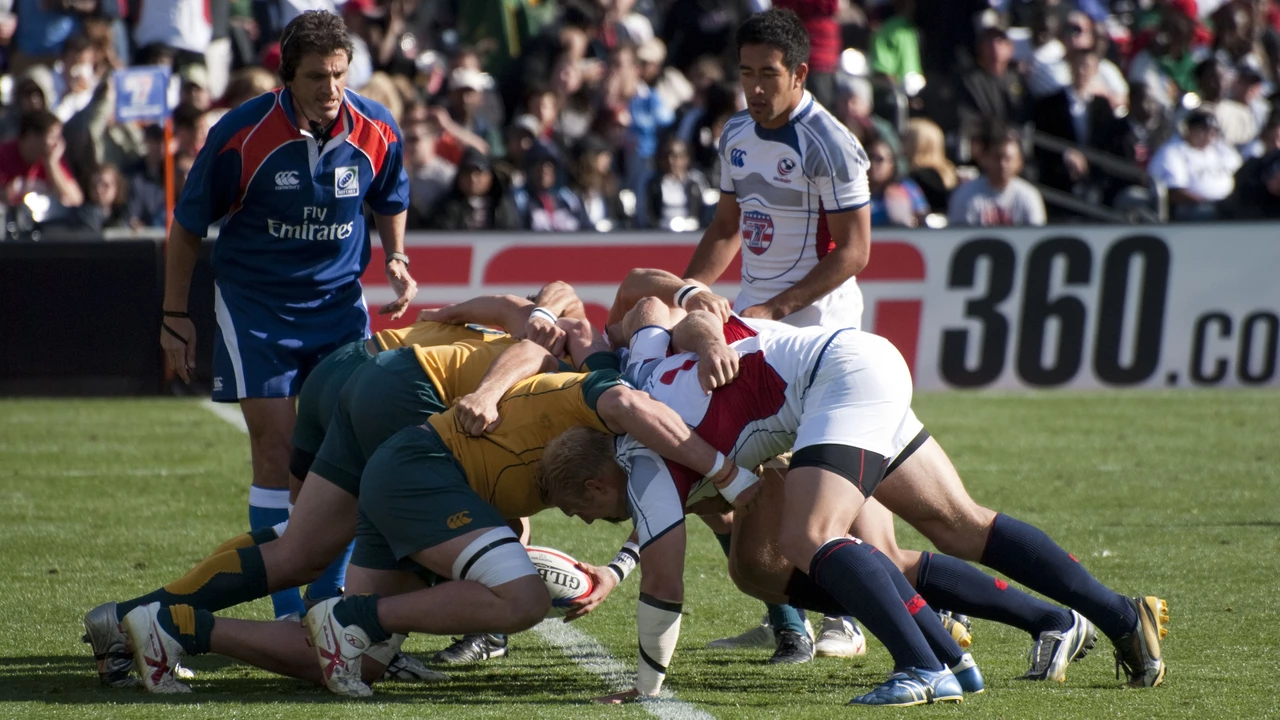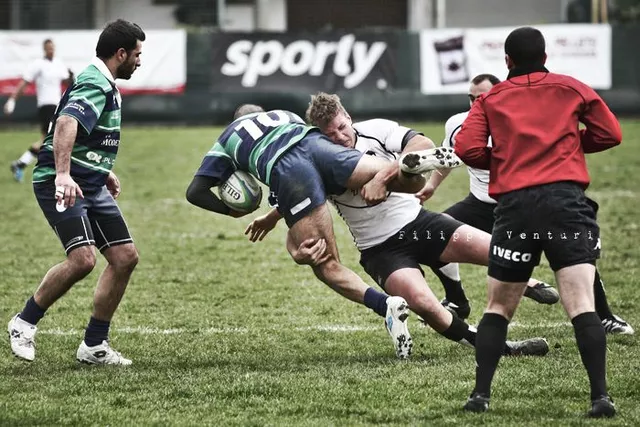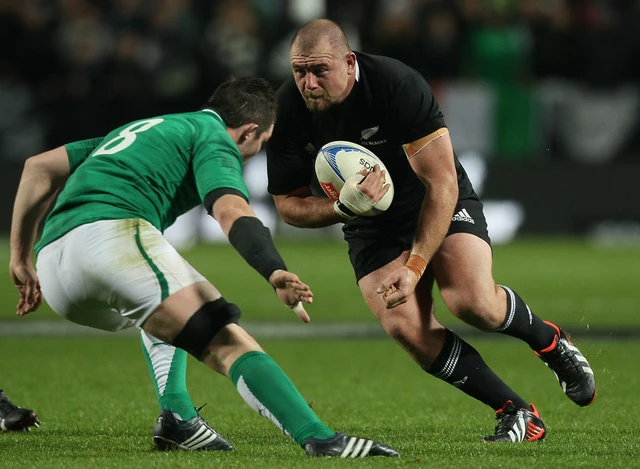The Identity of American Sports
With my mug of coffee in one hand and the TV remote in the other, I have often found myself puzzled by a question which I feel needs to be addressed: Why isn't rugby as popular in the United States as it is in other parts of the world? American sports culture is peppered with popular sports - football, basketball, baseball, hockey, but rugby finds itself on the margins. It's like the kid at the school dance who has dressed up, eager to join the dance-floor, but unfortunately is left in the shadows, ignored.
Maybe it's got to do with the identity of American sports. Easier to understand, predictable and less complex than rugby, American Football captures the heart of the masses with its simplicity. It's another piece of the puzzle that makes up the culture. It's the buffalo wings served at your local bar, the cherry on the cheesecake called 'American Life'.
Introductory Phase
Did rugby ever have an introductory phase in American sports culture? All popular sports have demanded and received a certain amount of spotlight time before they were accepted and entrenched into the culture. Just like introducing a new member to the family - remember Duke, our boxer dog - it takes time before everyone and everything adjusts to the dynamic shift.
This transition or introductory phase is vital for a sport's growth and this is where rugby seems to have missed its mark in the USA. Without this initial period, rugby is like Felix's math homework that Olive can't get herself to understand - it just doesn't make any sense to her. She needs an introduction, an explanatory session before accepting and acing it.
The Rugby Perception
Perception plays a huge role in understanding things. That's why Madeleine, always the sceptical one, questions everything. "What's with the big pile up of muscular men?" she asked once when we watched a rugby match. This perception of the sport often deters people from even giving it a try.
Rugby is often seen as 'dangerous' or 'hard to understand' by an average American viewer who turns to sports for casual amusement. This perception needs to change if rugby is to make a notable leap in popular culture.
Comparative Exposures
Now, think about the level of exposure rugby gets compared to popular American sports. Think back to your school or college days, where games like Baseball, Football and Basketball were presented as heroes and rugby was the joker in a pack of cards, if ever mentioned.
This lack of exposure creates a significant disadvantage for the sport. Even Russell Crowe had to star in a lesser-known film called Rugby before he could make it big with Gladiator. Just as actors need exposure to become stars, rugby needs to be exposed to more American audiences if it wants to be the 'next big thing'.
Building Rugby Infrastructure
Rugby needs a solid ground to walk on. Infrastructure has a key role to play, just like how our pet Duke won't go on a walk unless his leash and collar are in their designated places. Rugby in the US lacks this designated place, with a limited number of dedicated clubs or leagues.
A significant investment of both resources and time is necessary to transform rugby from a marginal sport to a mainstream attraction. More rugby clubs, more coverage, more games in schools – in essence, more rugby!
Stigma Around Rugby
The societal stigma around rugby is like the loud music that drowns out the soft whispers in a library. It's not easy to acknowledge the stigma, but it's there, much like the pile of laundry in the corner of the room I keep reminding myself to do, but never find the time for.
Misperceptions that rugby is 'too rough', 'unorganized' and 'for the reckless' can harm its popularity. It’s like the time Olive was afraid of Duke because she thought he was ‘too big and scary’, but eventually realized he was the most gentle soul ever. Rugby needs a similar acknowledgment of its true beauty and essence. It's a sport that allows, and indeed requires, teamwork, sporting spirit and strategic planning – an art that goes far beyond the conventional perception of rough and tumble.
Pushing Past the Boundary
Grabbing the reins of popular culture is no easy task. From my attempts to cook a family meal that everyone would enjoy, and Duke’s relentless tries to win over Madeleine with his puppy-dog eyes, I know all too well that familiarizing oneself with the unfamiliar requires patience and persistence. Rugby's success in the US will then similarly depend on continuous efforts.
We need dedicated hours of TV telecast, increased sponsorships, youth clubs promoting rugby and a compelling narrative around the sport. We need to break the barriers, get the crowd roaring for the big tackles and sprint runs. After all, if the bunt cake I served at our last Sunday dinner could become a hit, I have no doubt that, with enough exposure and dedication, rugby can push past its boundaries to dominate the American sports scene.



